NIH Funding Drives UCSF’s Pursuit of Better Health for All
UCSF received $815 million in awards from the National Institutes of Health (NIH) last year for research that will improve the lives of patients in the U.S. and around the world.

University of California San Francisco
Give to UCSFUCSF received $815 million in awards from the National Institutes of Health (NIH) last year for research that will improve the lives of patients in the U.S. and around the world.

“I’ve learned how incredibly impactful a great health care team can be – and how important a mentor can be,” says William Carroll, DDS ’80."
Learn from an expert on how marketing shapes the use of flavored vapes, and and what it means for kids and teens.
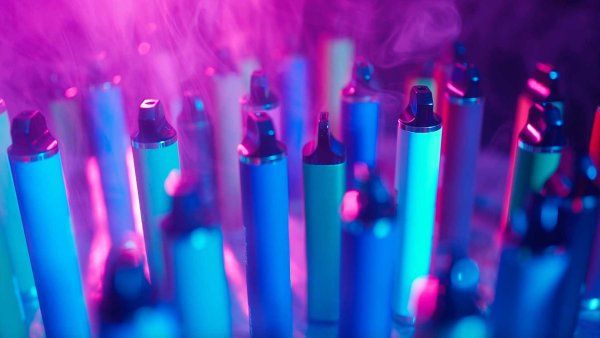
Oral health has long been siloed from the rest of a person's health. But increasingly, researchers and clinicians, including those at UCSF, are finding ties between a person's oral health and their overall health.
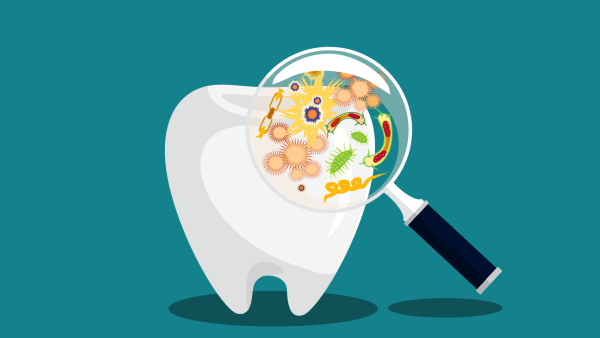
The UC San Francisco School of Dentistry has received a $4 million National Institutes of Health (NIH) grant to kickstart its clinical research program, in part by developing a new artificial
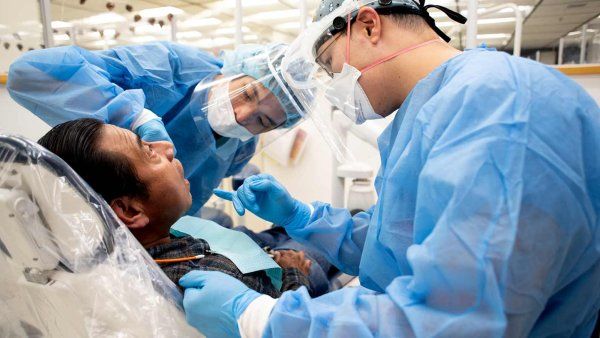
Trillions of invisible organisms make up the human microbiome. Now, medical scientists want to put these bugs to work.
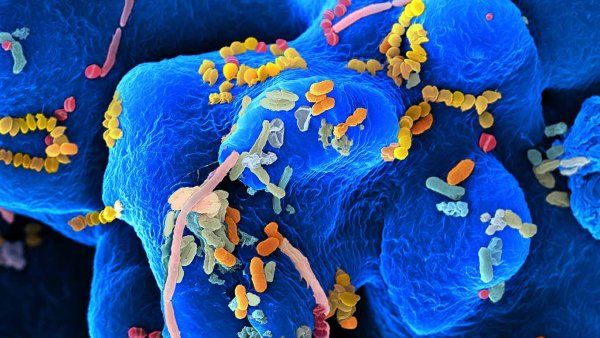
Tissue biologist Sarah Knox has long been fascinated with saliva. Just when she begins to doubt whether her singular passion will lead to real-world impact, an old family friend reaches out to her with a problem only she may be able to solve.
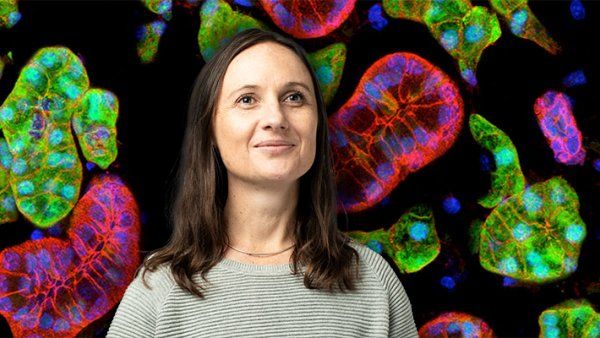
Giant lizards with superpowered hearts. Hairless rodents that don’t seem to age. Songbirds that babble like human babies. These and other scurrying, soaring, and slithering wonders are teaching scientists how our own bodies work – and how to fix them.
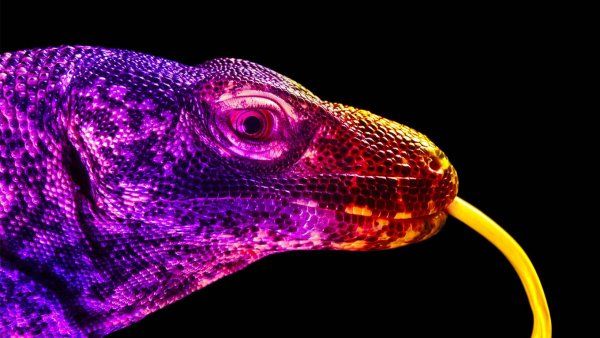
Two innovative UCSF projects in hydrogel therapies to develop new salivary glands and restore muscle loss after facial injuries have received critical funding to move closer to clinical trials.
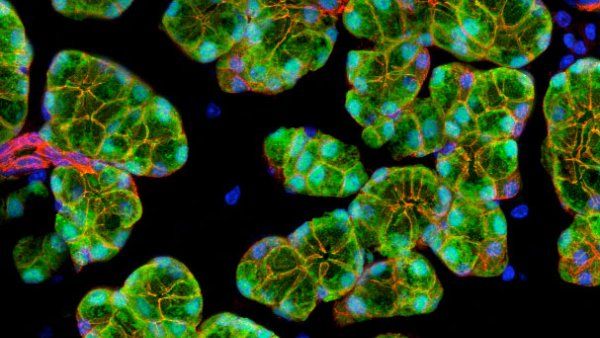
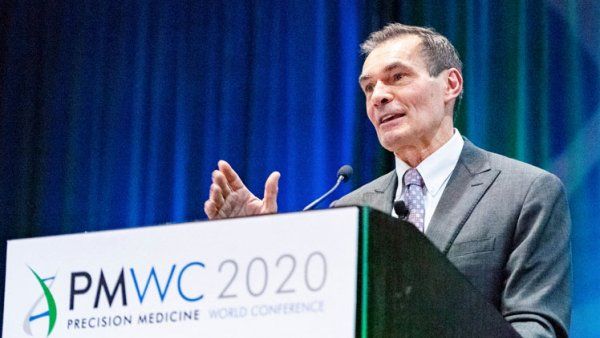
Scientists at UCSF are exploring how we can improve our bodies – now and in the future – with science that sounds like sci-fi.
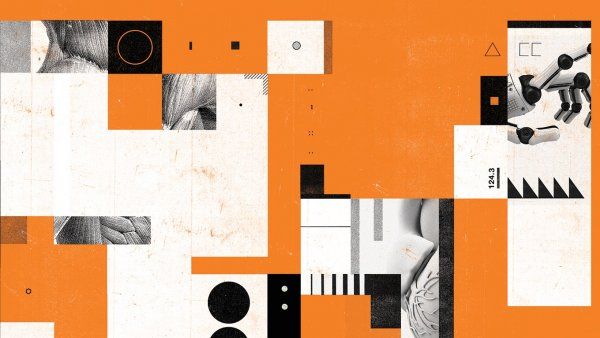
Oral diseases, such as tooth decay, gum disease and oral cancers, are a major health burden affecting 3.5 billion people worldwide, but are largely ignored by the global health community, according to
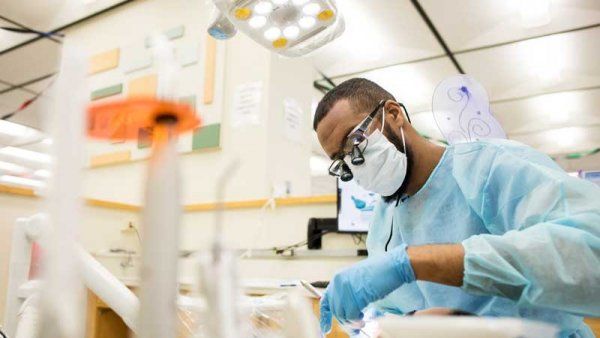
Healthy eating can be difficult to do, especially when the science isn’t clear. Our experts have weighed in to give you the best advice based on solid research, allowing you to make better choices when it comes to your nutrition.

The sugar industry has driven decades of biased research that shirk sugar's responsibility for chronic disease. UCSF researchers are uncovering thousands of industry documents to combat this misinformation, and steer Americans away from what is becoming a growing health crisis.
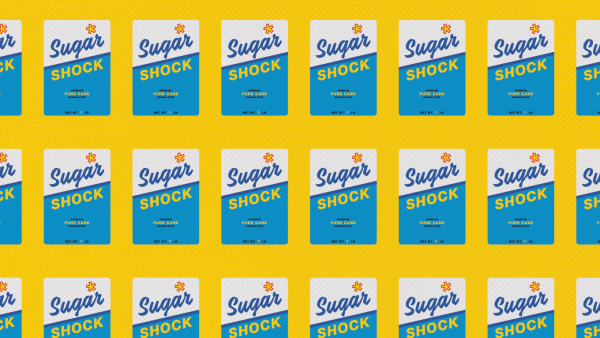
The UCSF School of Dentistry is adding virtual and augmented reality for its first-year students.

UCSF received more than $593.9 million in federal funding from the National Institutes of Health in 2017 for research across multiple health-science arenas at the University.
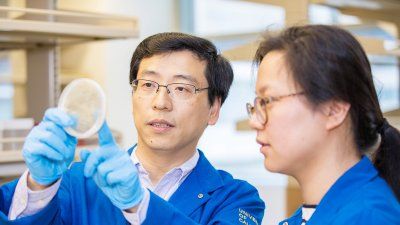
A scientifically based approach that includes a tooth-decay risk assessment, aggressive preventive measures and conservative restorations can dramatically reduce decay in community dental practices.
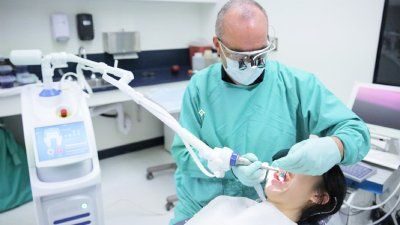
UCSF: The Campaign is taking on the world’s most complex health challenges, powered by an exceptional community of mavericks, innovators, and advocates. Together we will make the Bay Area and our world healthier for all.
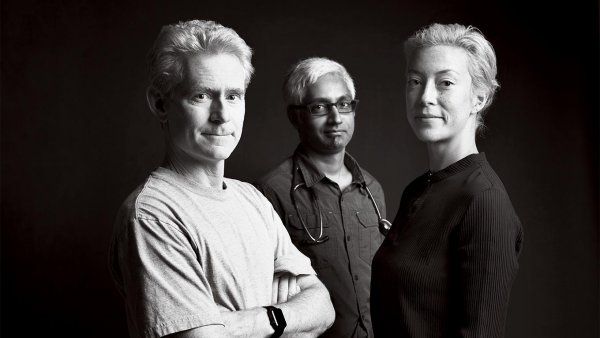
Today’s lasers are fine-tuned instruments that can safely and painlessly remove cavities and prevent cavities before they start.
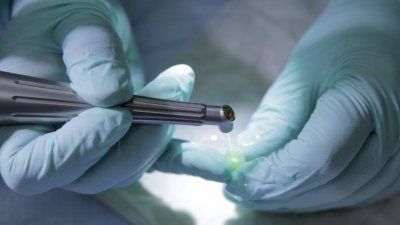
Sarah Engelberth won the second annual UCSF Postdoc Slam for her talk about research to generate a material that mimics natural enamel.
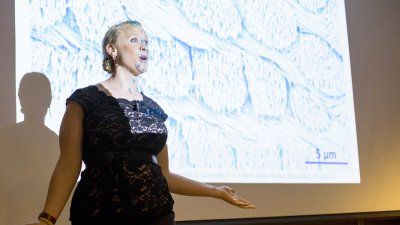
Alcohol abuse, dental conditions and depression were among the top causes of avoidable emergency room visits nationally.
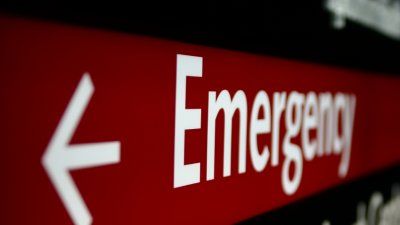
Organoids serve as dioramas of disease, allowing UCSF scientists to understand how and why problems occur during tissue development. It's also a small step toward the creation of full-sized organs we could use for transplant.
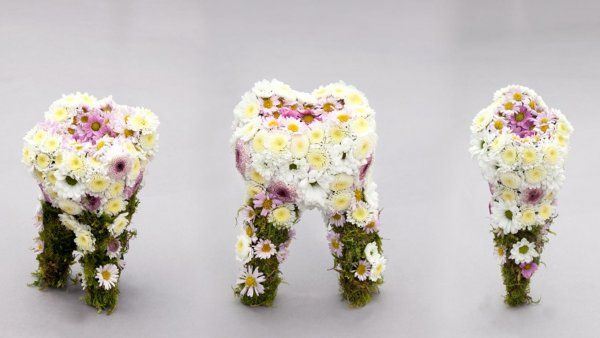
UCSF researchers are looking to the front teeth of mice to to help understand how stem cells know when it’s time for them to expand in numbers and transform into mature, adult cells in order to renew injured or aging tissue.
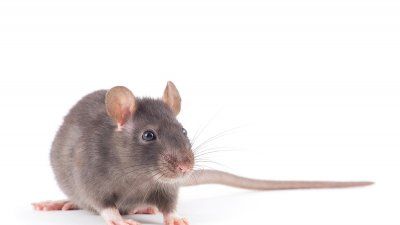
UCSF is the lead institution on a California-based, six-university consortium that was awarded $12 million by the NIDCR to develop strategies for treating craniofacial and dental defects.

A picture may be worth a thousand words. But new imaging technology that harmonizes mighty and distinctive microscopes may tell a complex story about a disease or condition – how it develops and how it can be treated precisely

UCSF researchers are working to figure out how mouse stem cells divide and differentiate into acinar cells to rebuild the salivary gland after an injury. Such research could apply to patients who often lose the ability to produce saliva after undergoing radiation therapy for head and neck cancers.

Underrepresented minority dentists represent a smaller percentage of the dental workforce and are unevenly distributed in relation to minority populations in the United States.

The UCSF School of Dentistry and UC Berkeley’s School of Public Health have announced the launch of a joint program for dentists interested in dental public health.
